Throughout the Trump administration, Democratic political opponents attacked his immigration actions, holding them up in courts and decrying perceived human rights violations. Hounded by border woes, the Biden administration is ironically turning toward enacting similar provisions to get the crisis under control.
Biden Looking to Same Legislation Employed by Trump’s Executive Actions
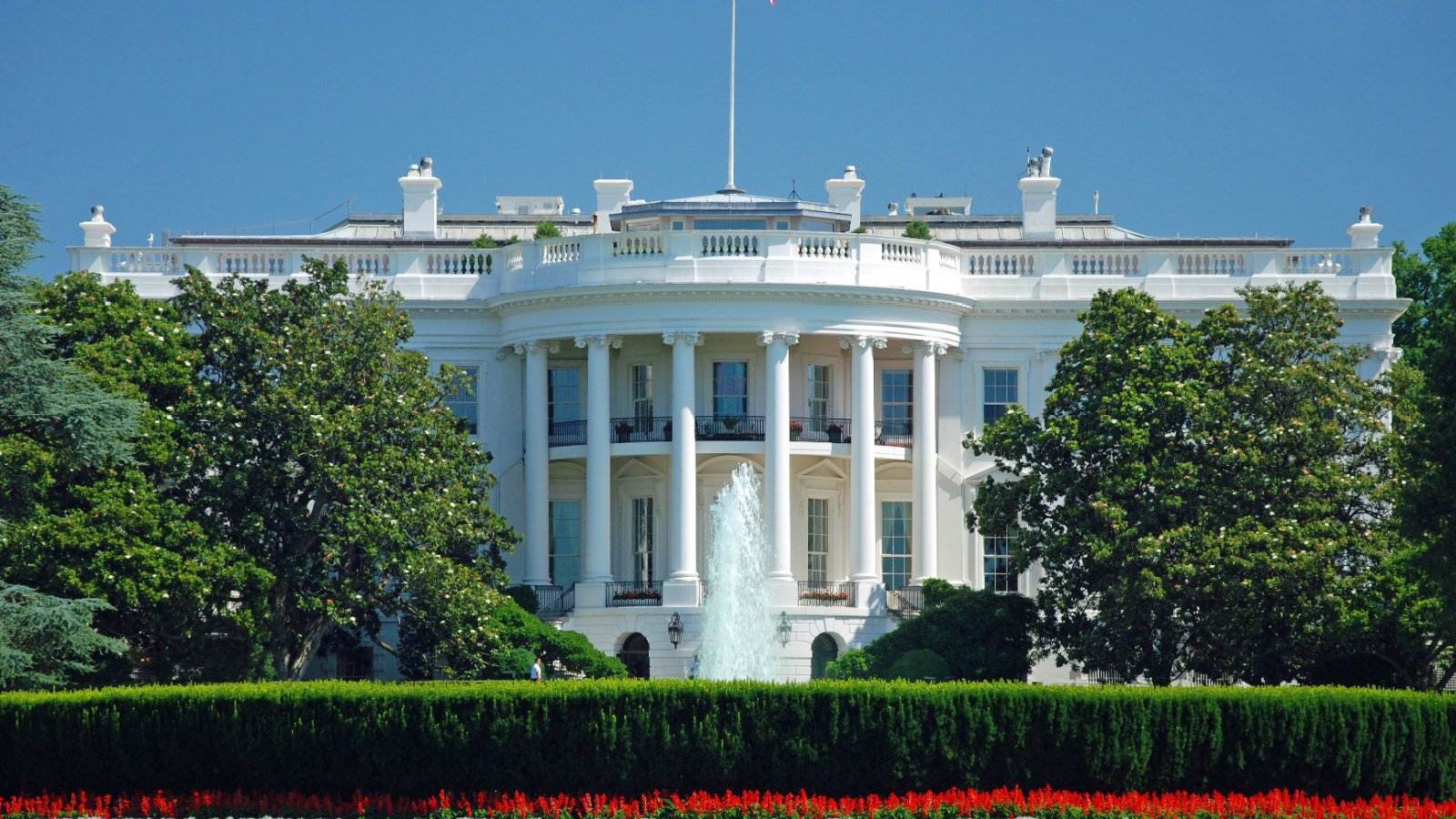
The White House announced that President Biden is looking into leveraging Section 212(f) of the Immigration and Nationality Act to direct and target certain actions at the U.S.-Mexico border.
Section Grants Presidential Extra-Legislative Discretion to Bar Entry and Control Border

This section grants the president substantial discretion to restrict certain immigrants’ entry if he deems them detrimental to U.S. interests. The statute grants the president the right to issue a proclamation to “suspend the entry of all aliens or any class of aliens.”
Trump Employed Section to Ban Travelers from Muslim Countries
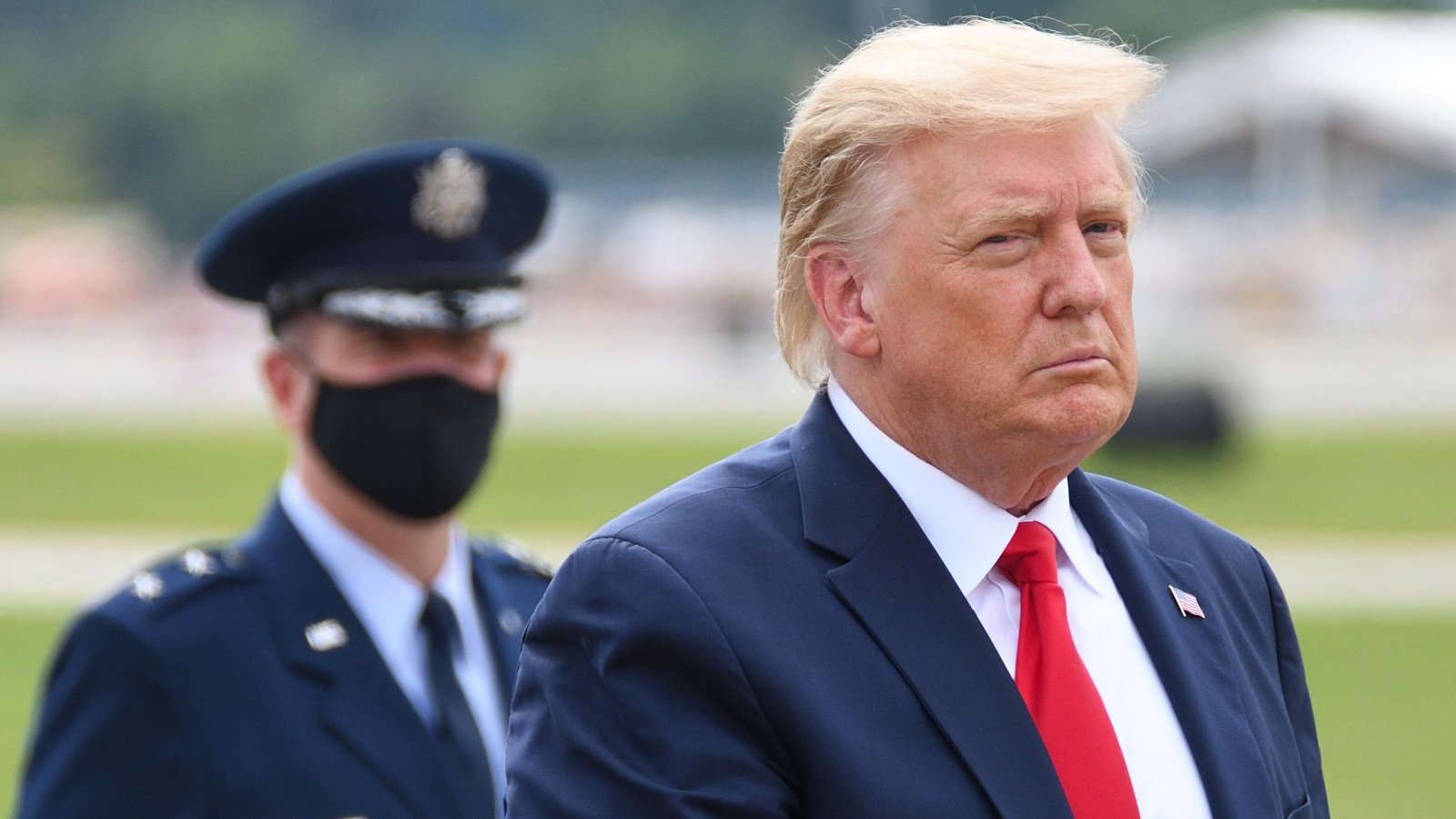
Although Trump famously used this authority to enforce a ban on travelers from predominantly Muslim countries—a move Biden immediately overturned upon taking office—the current administration is exploring how this power might be adapted to address today’s pressing immigration challenges, potentially by setting thresholds for activating migrant expulsions based on the volume of illegal border crossings.
White House Urges Congress to Resolve Border Issues
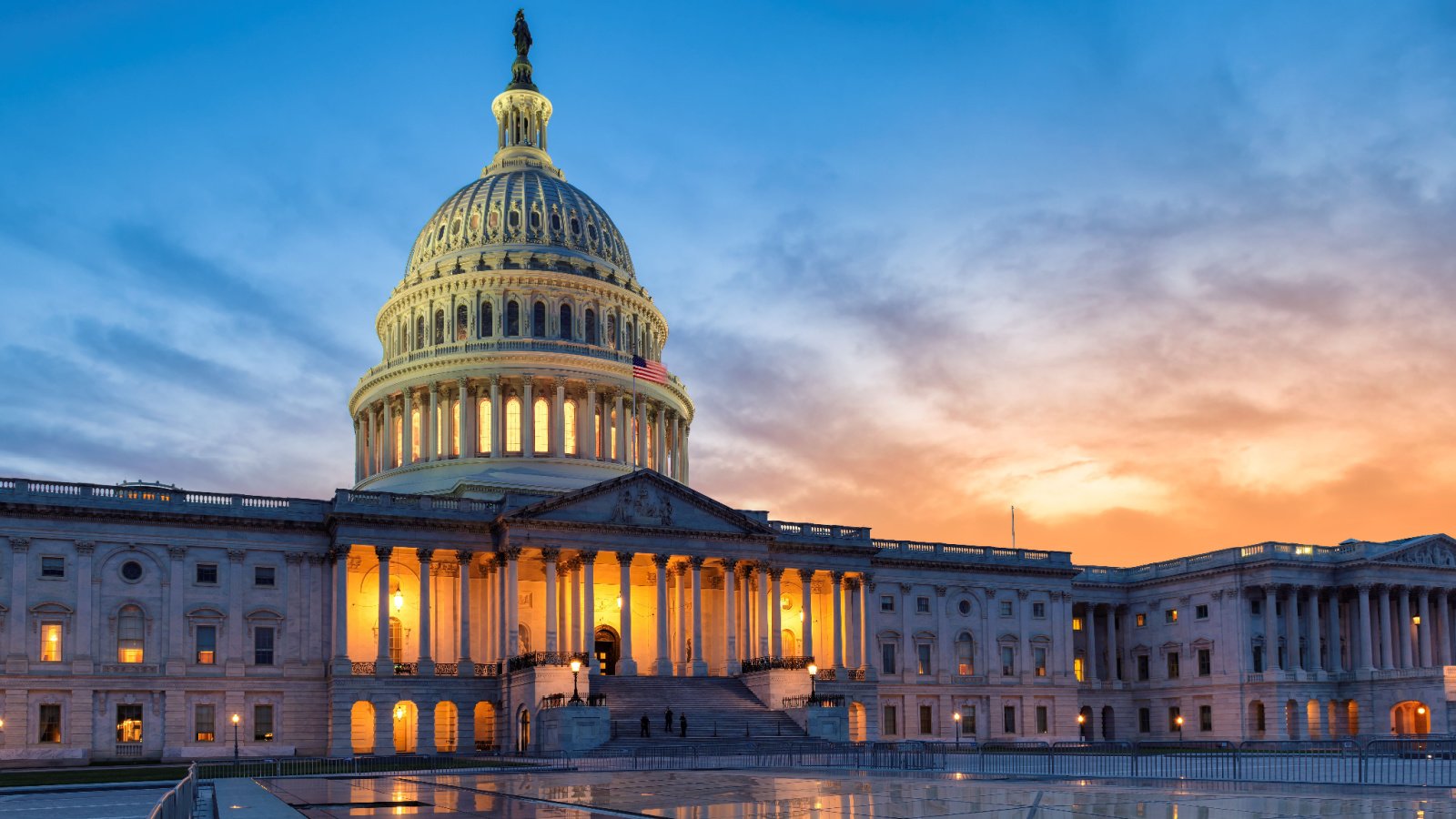
White House spokesman Angelo Fernández Hernández emphasized that executive actions alone cannot achieve the comprehensive policy changes and funding that legislative action could, lamenting the missed opportunity for bipartisan progress on border security and immigration reform due to partisan disagreements.
Early February Attempt to Fix Border Problems Legislatively

Earlier in February, GOP Senators and House members scuttled a bipartisan border deal that would have provided many mechanisms agreed to by both parties to bring the migrant crisis under control.
Border Provisions Failed Due to Process and Larger Bipartisan Debates

Agreed-on provisions included initiating a new three-year authority that requires the Department of Homeland Security (DHS) to implement a state of emergency when there is a rolling seven-day average of 5,000 encounters a day or 8,500 encounters in one single day at the southern border. If that benchmark is broached, DHS must expel all migrants without processing them, except for the case of unaccompanied minors. The emergency authority ends when encounters drop at least 25% for seven days.
Work Permits for Those Admitted to the U.S.

If passed, the bill would also grant two-year work permits for migrants allowed into the United States to work immediately rather than wait for weeks and months as they must now do as requested by Democratic mayors in large cities with large influxes of migrants unable though willing to work.
Popular Provisions Likely to Become Law At Some Point After Election Year

While the proposed policies were generally popular, unless Congress works together to legislate them into federal law, it will take executive action to move on such provisions. Expect to see these policies pop back up in legislation and executive actions in the future, as they are pragmatic and broadly supported in the legislature.
Executive Actions Politicized and Exploited

Executive actions are inherently inferior to federal law because they are not permanent changes, and there is the potential for them to be weaponized politically. Case in point: Biden is looking to reinstate some aspects of the Trump-era border policies that were embroiled in political controversy and tied up in courts not even five years ago.
Uncertainty Regarding Specifics of Biden Executive Action

The Biden administration’s potential executive actions are in the preliminary stages of planning, and there is ongoing uncertainty regarding their formulation to withstand anticipated legal challenges.
Politically Motivated Legal Challenges Coming Back to Bite Democrats

Ironically, these potential legal challenges originated through Democrat challenges to Trump-era efforts to control immigration. Now, the same objections could be applied to Biden’s attempts to adopt similar policies.
Legal Challenges Expected from Left; Political Messaging Beatings Expected from Right

Legal challenges are expected from open border advocates and migrant rights groups, however, not necessarily from conservatives who will focus instead on beating the drum of the runaway border crisis leading up to November’s election despite Biden’s efforts to control the situation.
Speaker Johnson and GOP Support Use of 212(f) Provisions
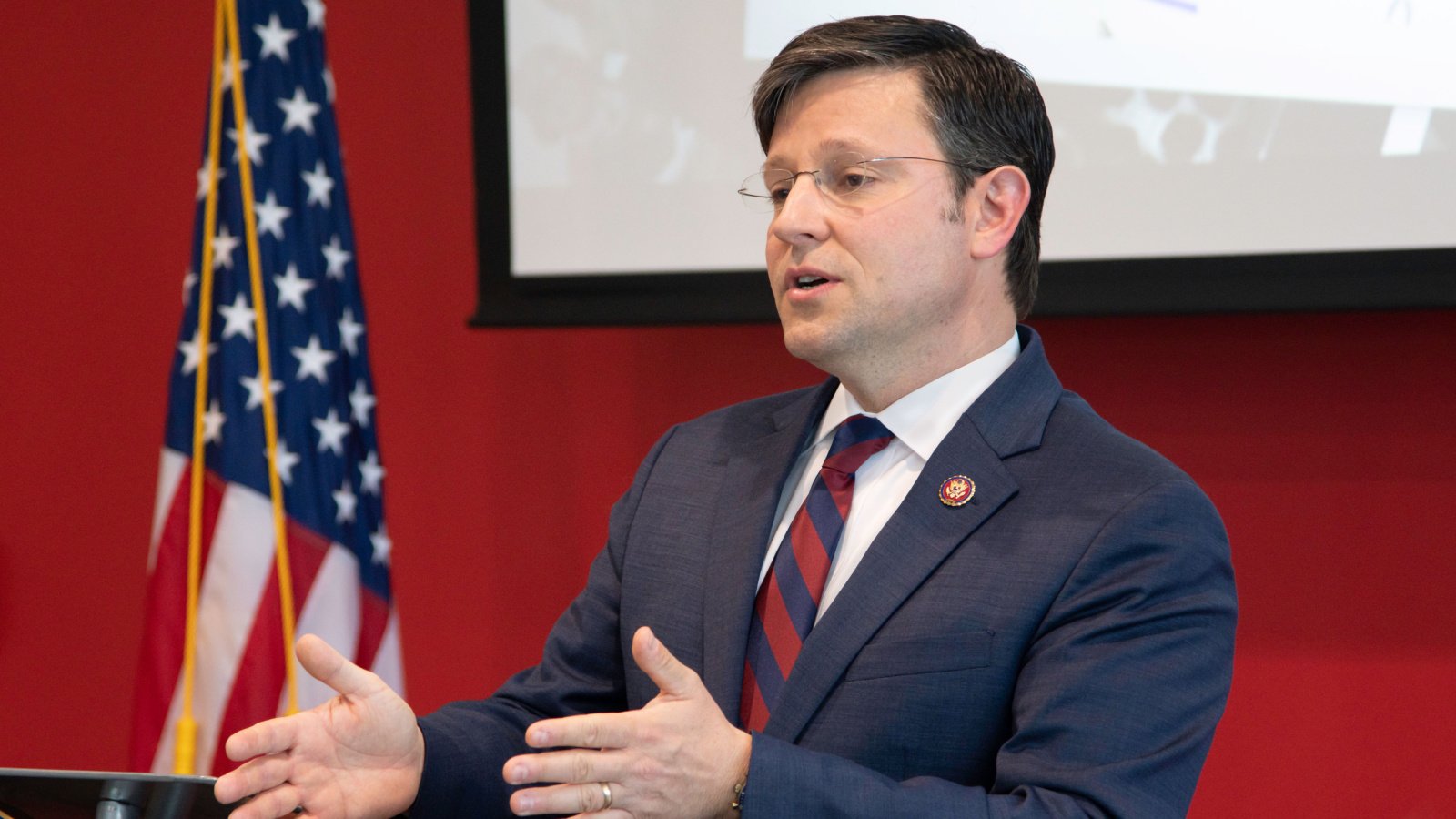
House Speaker Mike Johnson (R-LA) approves of Biden’s use of 212(f) authority. Republicans are outraged at the current state of the border, their ire culminating in the two-time impeachment attempt of Department of Homeland Security Secretary Alejandro Mayorkas, which was ultimately successful, leading to the first impeachment of a cabinet secretary in 150 years.
Republicans Gain Politically from Biden’s Lack of Action
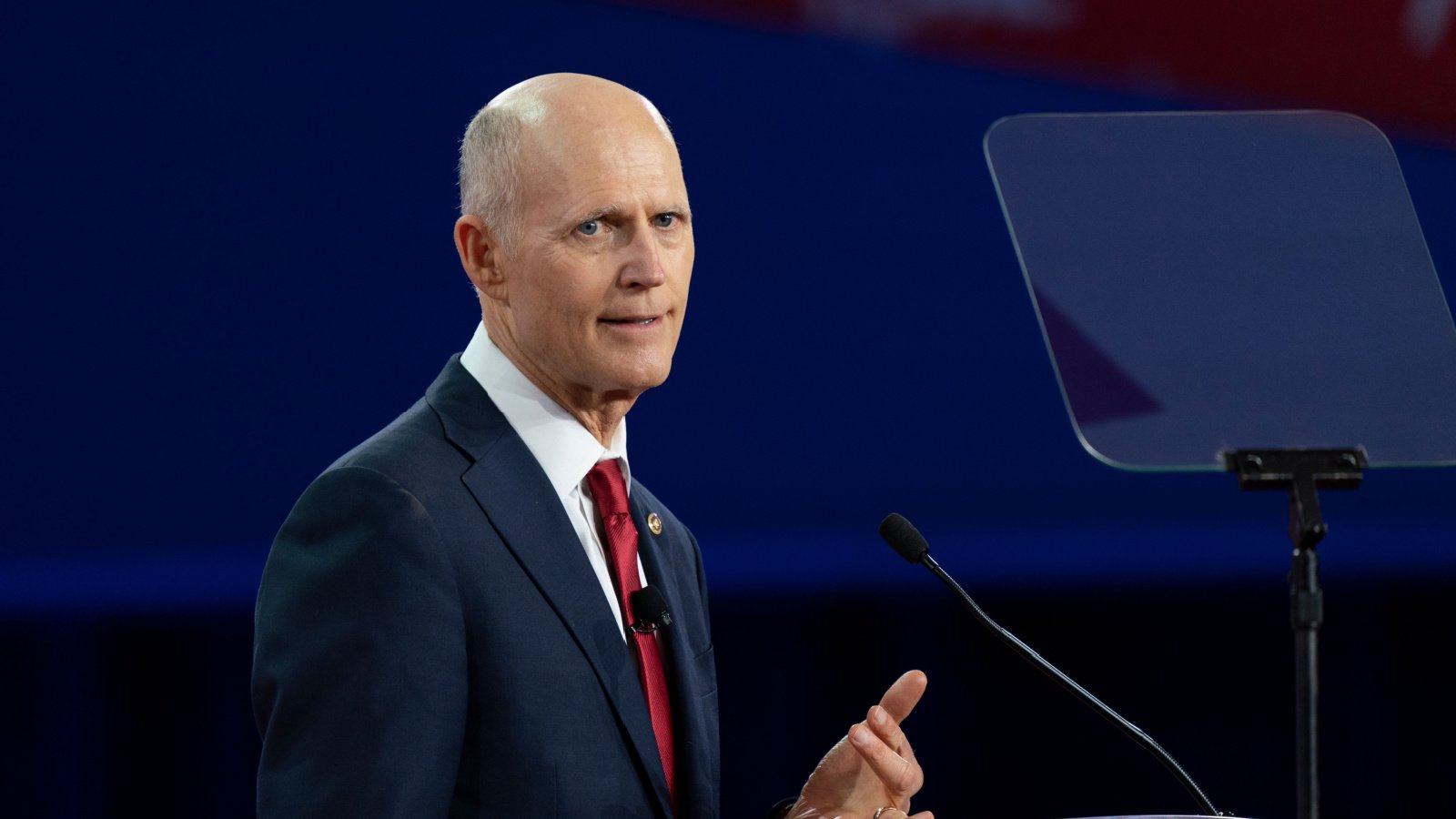
While Republicans remain outraged, they also may not be politically motivated to resolve the crisis prior to November. Without a resolution to the situation, the GOP can use the topic to their advantage in attacking Biden.
Biden’s Immigration Plan Restrains His Ability to Regulate Border Issues under 212(f)
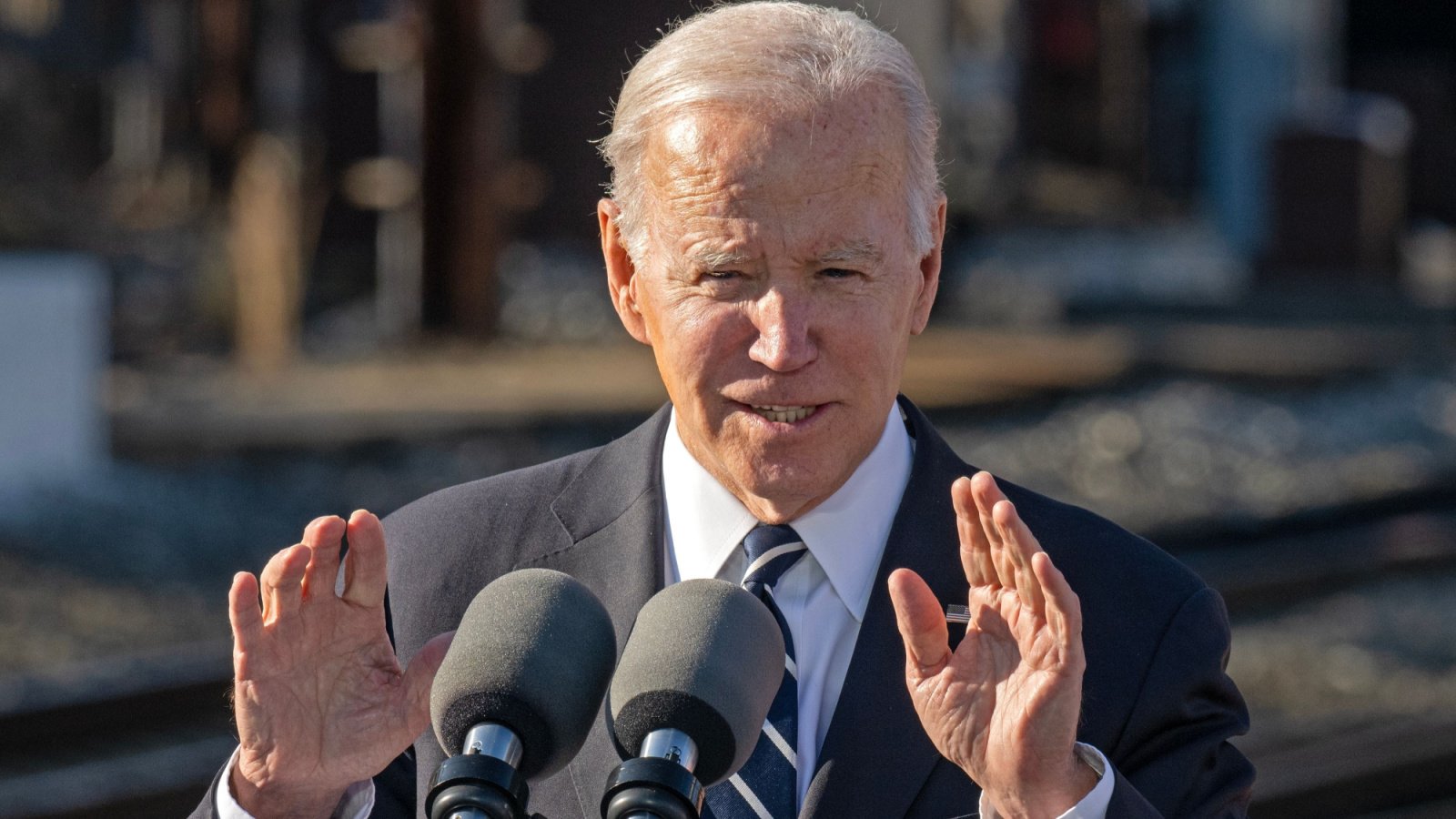
Playing into the Republicans’ political rap sheet is the fact that on his first day in office, President Biden introduced an immigration overhaul plan that actually scaled back and restricted presidential powers to bar immigrants under current immigration law.
Biden Administration Feels the Heat of Immigration Problem Emanating from Voters

President Joe Biden’s use of Section 212(f) highlights the significant political pressure related to immigration and border issues, which have been challenging for the president since his inauguration.



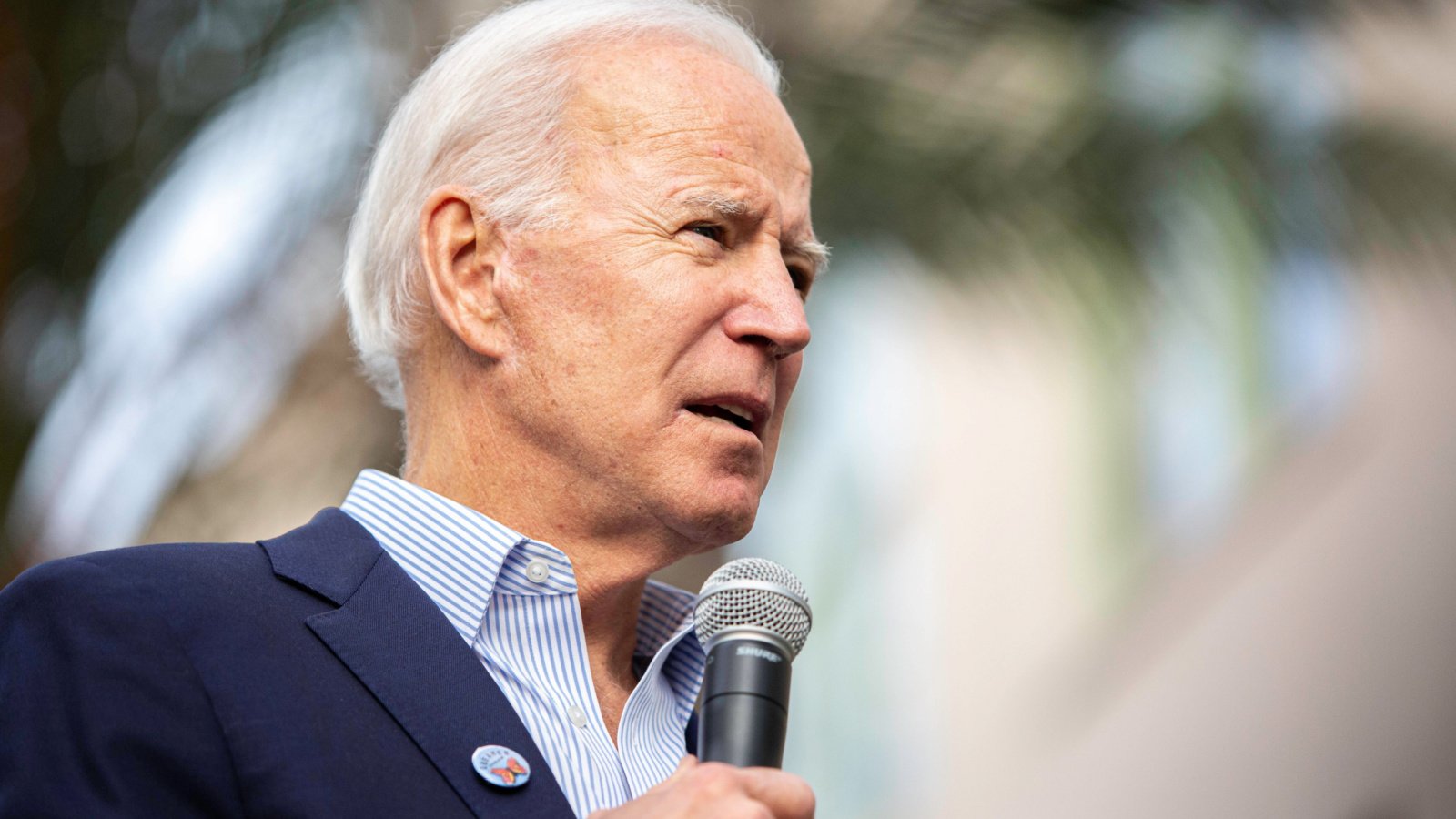


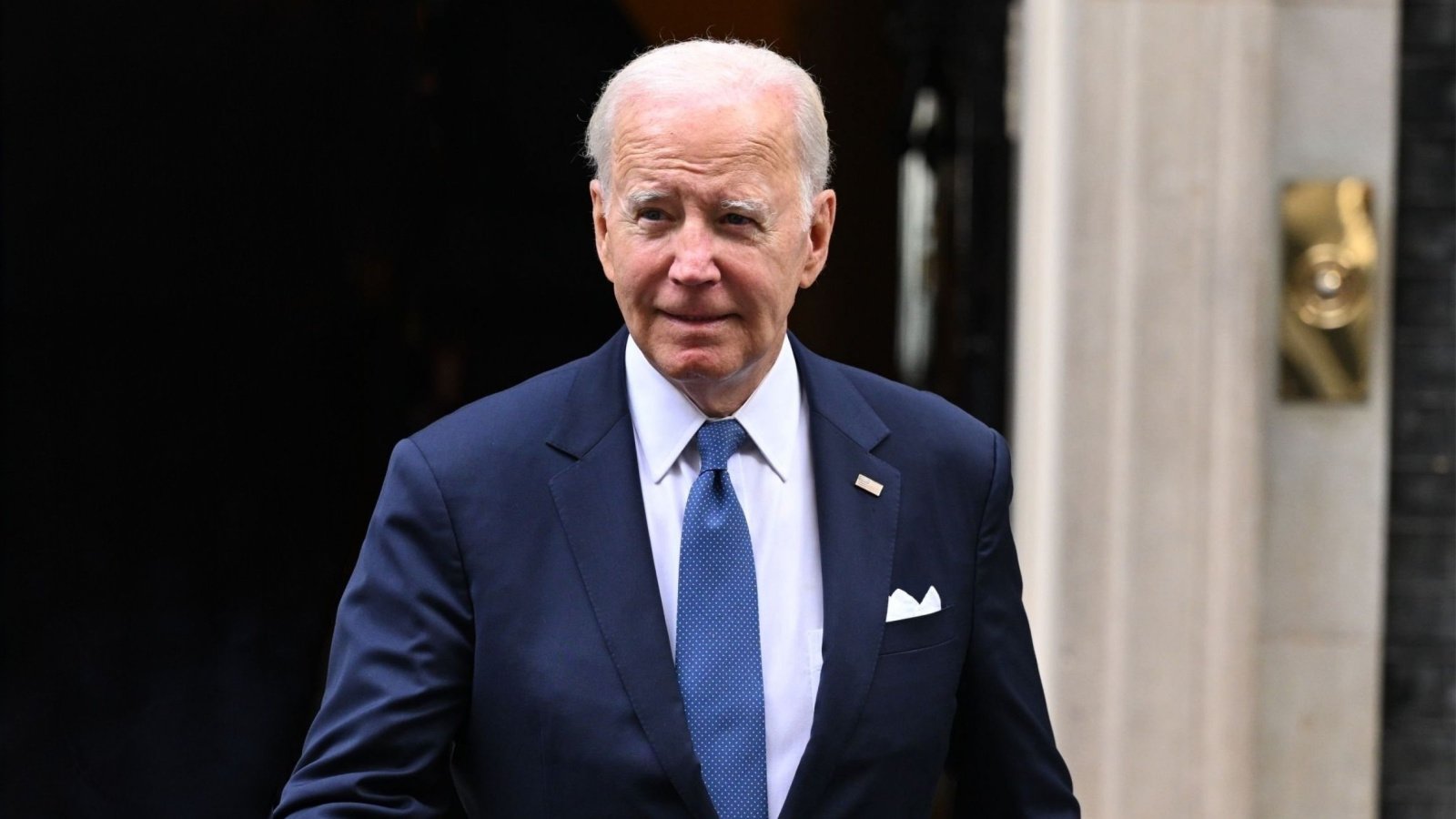
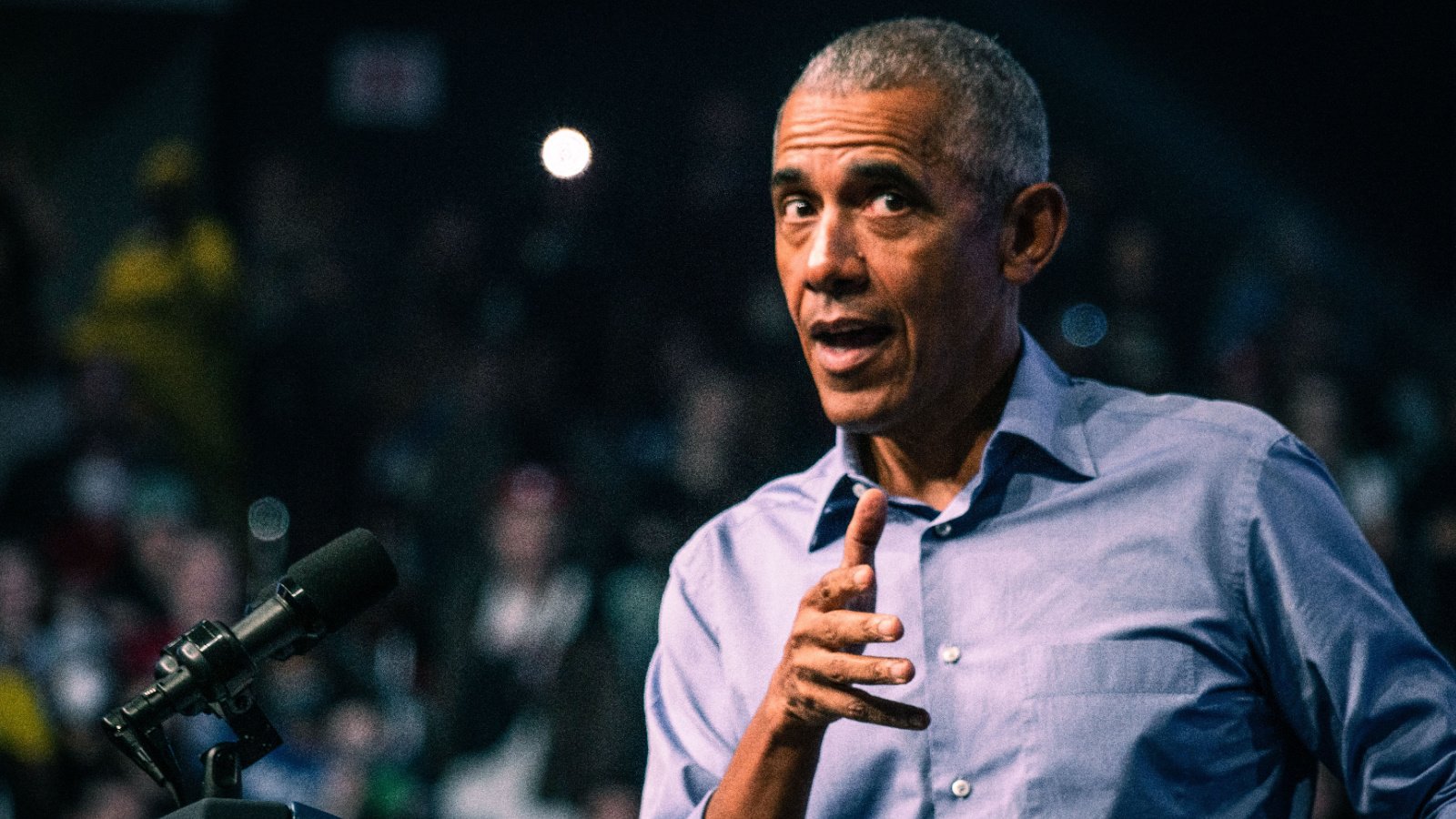

好文!2026年世界杯越来越近了,让我们共同期待这场全球足球盛宴。日期:2025-11-12 09:40:28 (-03)。
好文!2026年世界杯越来越近了,让我们共同期待这场全球足球盛宴。日期:2025-11-15 08:35:47 (-03)。
Awesome post! Join the fun at https://ws-kge-whatsapp.com Stay connected with friends and family using WhatsApp Web. . Date: 2026-01-07 00:02:31 (-03).
Awesome post! Join the fun at https://zht-2whatsapp.com 使用 WhatsApp 网页版,快速发送和接收短链接,方便实用。 . Date: 2026-01-07 08:05:28 (-03).
Awesome post! Join the fun at https://ws-kge-whatsapp.com WhatsApp Web makes organizing commitments much simpler. . Date: 2026-01-07 12:04:13 (-03).
Awesome post! Join the fun at https://zht-2whatsapp.com 在 WhatsApp 网页版上,您可以直接进行群组视频通话,方便团队远程会议。 . Date: 2026-01-08 07:42:27 (-03).